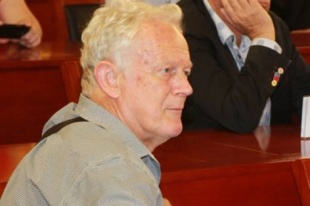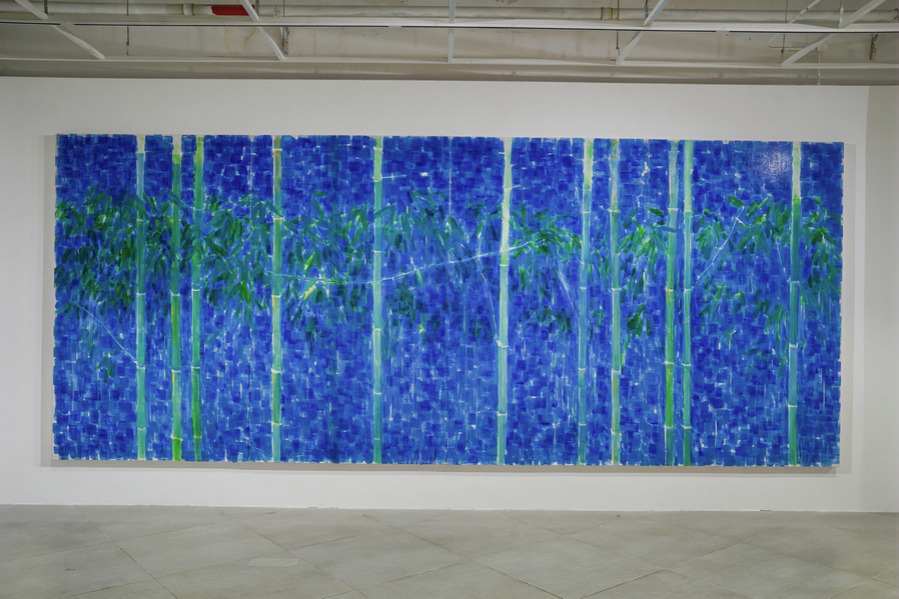Understanding Chinese culture: The challenge to the West


In the last three decades, the world has observed a major transformation of the Chinese society, economy and position on the world stage. China has become an indispensable global player. Yet in the West, the dominant narrative has failed to understand that this does not mean that China has become Westernized. China is creating an alternative to the West.
The West has not made a serious effort to understand a Chinese perspective, and to a great extent has not appreciated that an alternative understanding exists. Confucius said, "Real knowledge is to know the extent of one's ignorance." The West, with its Western-centric approach, through its ignorance and failure to understand China, has placed itself in peril of being left behind in a newly emerging world order.
We see this ignorance in headlines in Western newspapers, in which the Western perspective is dominant. There is selective reporting to portray negative impressions, and facts are often misrepresented. Too often Western reporting lacks critical evaluation, leading to very low credibility within the media to further the dialogue and promote a valid understanding of China. Fake news does exist!
Late last year, a New Zealand academic captured the headlines with a paper titled Magic Weapons: China's Political Influence Activities Under Xi Jinping. Presented at a conference in the USA about "the corrosion of democracy under China's global influence," and supported by the Taiwan Foundation for Democracy, this received wide promotion as a credible academic paper. It was even quoted by Hillary Clinton when she visited New Zealand earlier this year.
Yet on critical evaluation, the paper does not fully bear up to scrutiny, with a number of incorrect statements, suppositions, misrepresentations of fact, and reliance on a 1997 draft paper that is cited from the blog of an American international conspiracy theorist. The media do not appear to be interested in checking the credibility of claims made, nor to seek a response from a Chinese perspective.
Recently, a New Zealand newspaper reported that China was sending 120 medical doctors to a Pacific island to assist with their low level of community health. A positive action, one might think, but the focus of the story was to ask what was China doing in the Pacific, and how have we failed to the extent that we have allowed this to happen. What are the Chinese doing on "our patch"?
This kind of media attention does damage to the potential for the public to appreciate what China stands for, and gives a negative impression of China. China has little opportunity to present its own image to the West.
I would like to consider some of the contradictions in the two different perspectives.
The rise of China is met with awe in the West, and to a great extent promoted as a threat, rather than an opportunity. The geopolitical struggles in the South China Sea are potentially explosive, and approaching a crisis level.





































